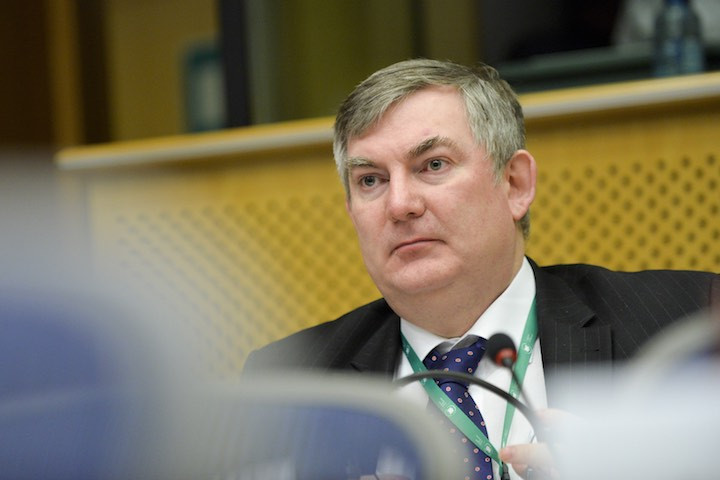Earlier this year, the European Court of Auditors, the EU’s financial watchdog, gave the accounts of the European institutions a clean bill of health.
However, its 2015 annual report noted that the error rate for cost reimbursement schemes (“where the EU reimburses eligible costs for eligible activities on the basis of cost declarations made by beneficiaries”) was more than double the rate--5.5% versus 2.7%--than for entitlement programmes (“where payments are made on meeting conditions” in advance).
An “error” does not necessarily indicate fraud; it merely means that a payment was made without fully complying with EU rules. Often the cause is a clerical error, according to Kevin Cardiff, the Irish member of the ECA’s governing board (each EU country has a seat). Since reimbursement programmes are usually more complex and come with more criteria attached, there are simply more steps where a mistake can be made.
The ECA stems from an EU treaty that calls for a more thorough review than a traditional financial audit, Cardiff told Delano during an interview at his office in April. “It requires us to say to what extent have the monies been spent legally and regularly. It’s not the same thing [as balanced books]. And that requires us to look on a transaction-by-transaction basis at well above a thousand individual transactions, selected from the European Union budget” on a representative basis.
ECA staff travel around the world to see for themselves what happened to EU funds. “The fact that everyone who receives European money knows that someone might knock on their door and check, that’s a powerful thing”.
Cardiff said the media always wants extreme examples of illicit activity, and graciously indulged Delano with the tale of a farmer who was claiming agricultural aid when the land was in fact a motorcross track. But “most of the cases are not extreme” and merely minor missteps.
When criminal activity is suspected, the matter gets reported, by Cardiff, to the European Anti-Fraud Office (known as Olaf) in Brussels. “We send 15 or 16 cases a year to Olaf”, plus some based on complaints made by citizens.
Fundamental problems
At the same time, “we’re not interested in chasing people for clerical errors” or penalising recipients of EU funds for making small mistakes. Rather, the ECA reports on systematic problems so that EU bodies can address fundamental issues.
The ECA has nearly 1,000 staff, all based in Kirchberg. About half are auditors, although “our auditors are not just accountants” or lawyers, he noted. One inspector checking water programmes is an environmental scientist, for example. The organisation also employs around 100 translators.
Members of the governing board are politically nominated, but sworn to neutrality once in office, said Cardiff, a former secretary general of Ireland’s finance ministry. “If you think about it, every single member state is putting money into the union and they each want to know that somebody who understands their system is involved.”
This article was first published in the June 2016 issue of Delano magazine. Be the first to read Delano articles on paper before they’re posted online, plus read exclusive features and interviews that only appear in the print edition, by subscribing online.
